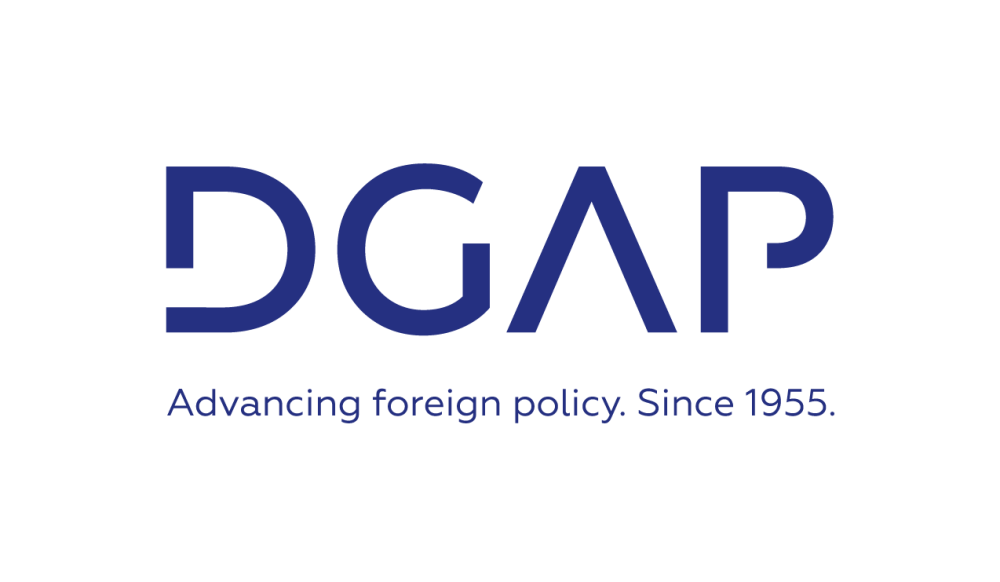Ramifications of the US Elections for Change in the EU’s Eastern Neighborhood
This event is co-sponsored by the Woodrow Wilson Center's Global Europe Program and the German Council on Foreign Relations (DGAP)
We have recently seen a period of US disengagement with Europe and its Eastern neighborhood. In this event, we explore changes in American foreign policy toward this region after the Presidential elections on November 3, the risks of a possible prolonged transition in Washington, and access the broader implications for the region, including those stemming from recent developments in Ukraine, Belarus, Georgia, and Moldova as well as the war between Armenia and Azerbaijan over Nagorno-Karabakh.
We will explore how a “more geopolitical Europe” will react to these changes, and whether European leaders can count on a more supportive administration in Washington as they deal with the growing number of crises and challenges to regional security, including an assertive Russia and Turkey.
Speakers



Moderator
Hosted By

Global Europe Program
The Global Europe Program is focused on Europe’s capabilities, and how it engages on critical global issues. We investigate European approaches to critical global issues. We examine Europe’s relations with Russia and Eurasia, China and the Indo-Pacific, the Middle East and Africa. Our initiatives include “Ukraine in Europe”—an examination of what it will take to make Ukraine’s European future a reality. But we also examine the role of NATO, the European Union and the OSCE, Europe’s energy security, transatlantic trade disputes, and challenges to democracy. The Global Europe Program’s staff, scholars-in-residence, and Global Fellows participate in seminars, policy study groups, and international conferences to provide analytical recommendations to policy makers and the media. Read more

